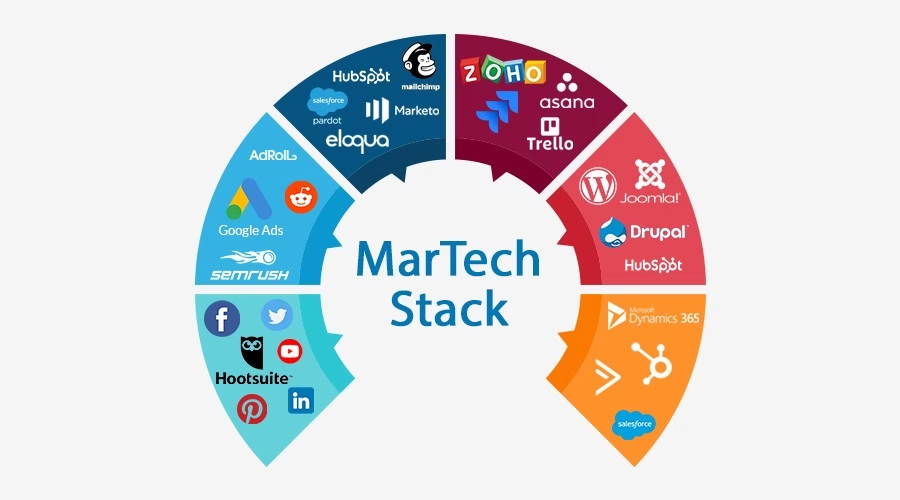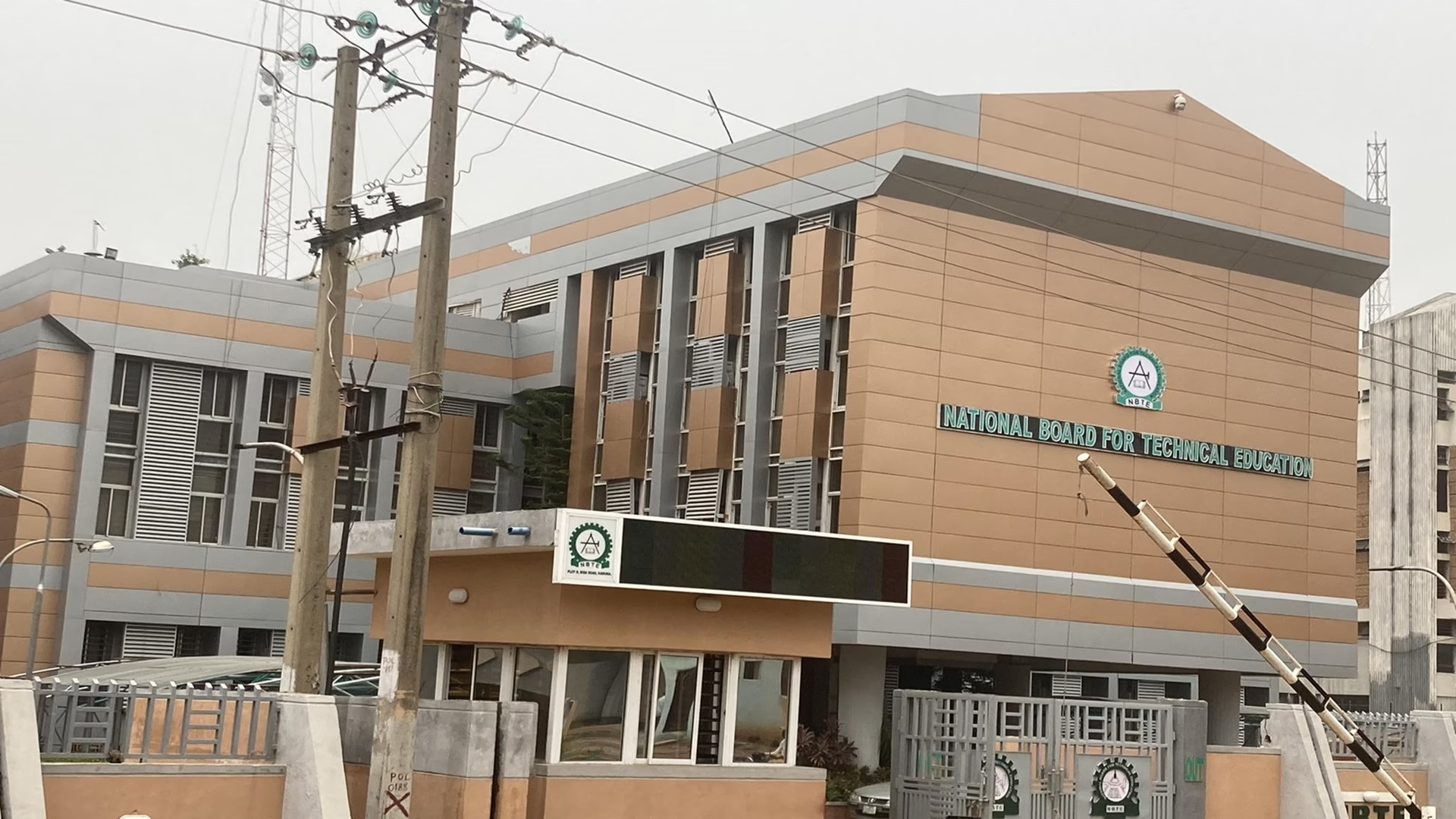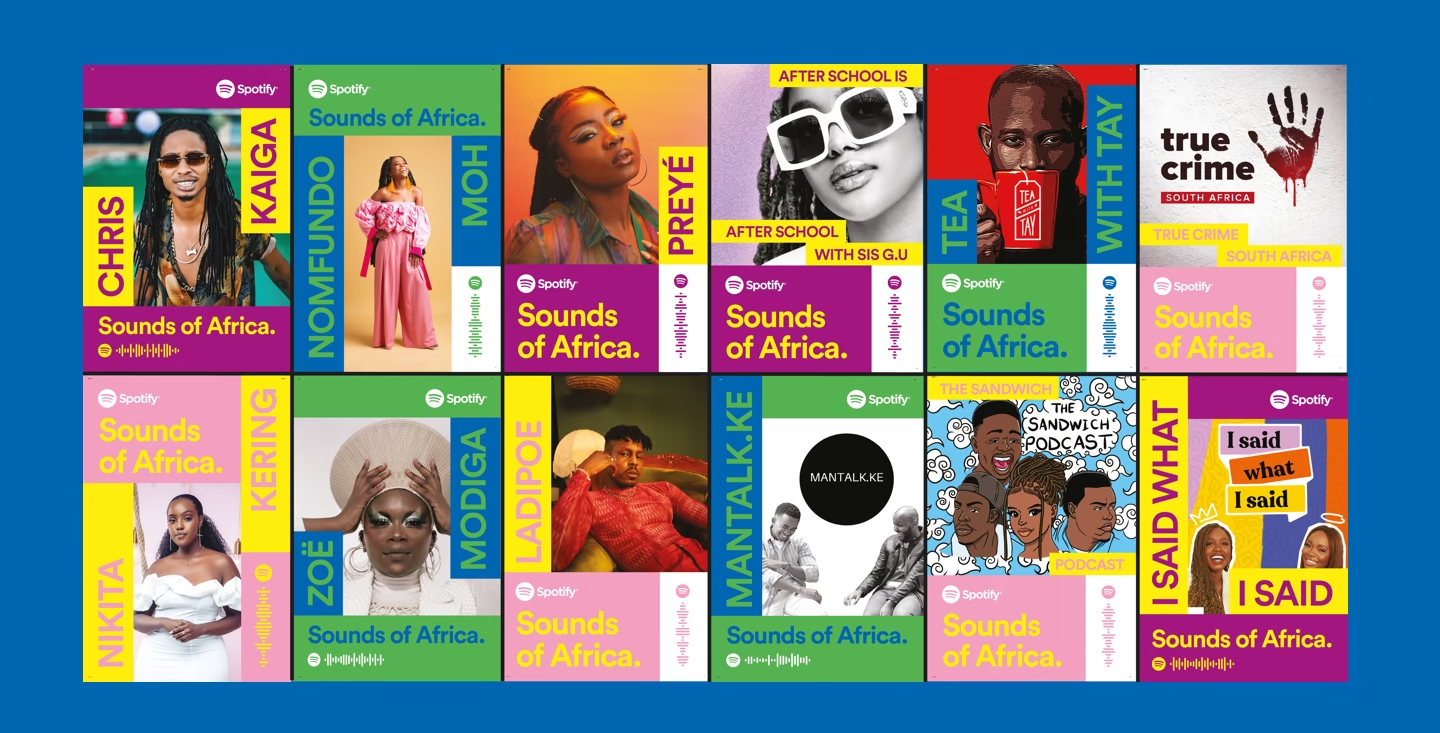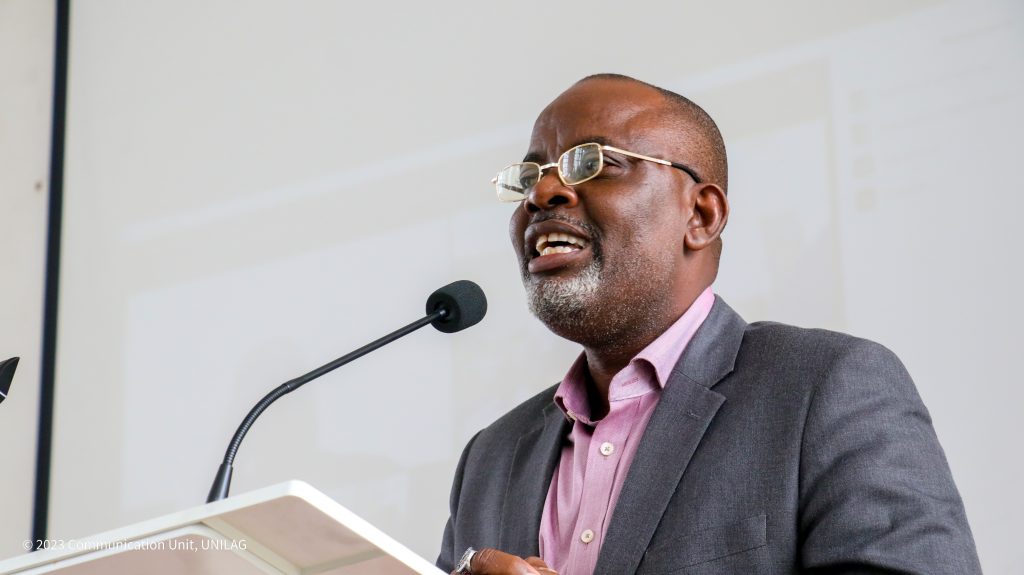In what could become a landmark move for African fintech expansion, Nigeria’s Moniepoint Inc. has secured regulatory approval from the Competition Authority of Kenya (CAK) to acquire a 78% stake in Sumac Microfinance Bank. The acquisition—still pending final greenlight from the Central Bank of Kenya (CBK)—signals a growing trend: African fintechs, much like their traditional banking counterparts, are beginning to buy their way into new markets.
While cross-border acquisitions were once the domain of large commercial banks, fintechs are now entering the same lane. Just as Nigeria’s Access Bank pushes its continental playbook with acquisitions like National Bank of Kenya, Moniepoint’s East African pivot suggests startups are beginning to act like institutions—with a bigger appetite for regional dominance and regulatory shortcuts through acquisition.
Why Kenya? Why Now?
Kenya isn’t just another market—it’s Africa’s mobile money powerhouse, with over $67 billion flowing annually through platforms like M-Pesa, Airtel Money, and Equitel. Yet, this market is also tightly regulated, with high entry barriers that typically discourage new players.
For Moniepoint, headquartered in Nigeria but incorporated in the U.S., acquiring Sumac is a tactical bypass—a way to leapfrog the long, uncertain licensing journey and gain an operational base overnight. This is not the fintech’s first attempt to enter Kenya: an earlier deal with local fintech KopoKopo collapsed despite regulatory approval, a rare stumble for the aggressive and fast-growing firm.
Sumac, while modest in scale, offers something Moniepoint can’t easily build from scratch—a functioning license, an SME-focused clientele, and decades of on-ground knowledge. Founded in 2002 and formally licensed as a microfinance bank in 2012, Sumac commands a respectable portfolio of over 43,800 active loan accounts and holds assets worth approximately $8.1 million. With a market share of roughly 2.8–4.3%, the micro-lender is small, but strategic.
A Pattern is Emerging
This acquisition is not happening in isolation. Across the continent, fintechs are beginning to mirror the “build versus buy” dilemma long seen in traditional finance. And more often now, they’re choosing to buy.
In 2023, Nigerian fintech FairMoney acquired PayForce to deepen its agent banking reach. In 2024, South African unicorn Yoco explored partnerships and acquisitions in West Africa. Now in 2025, Moniepoint’s move follows a growing list of intra-African fintech deals that point to a shift toward consolidation—not just growth.
As these startups mature into pan-African powerhouses, organic growth becomes slower and riskier. With regulatory complexities and fierce competition, acquiring existing institutions becomes the faster, safer path—offering ready-made customer bases, regulatory cover, and local brand equity.
Implications for African Fintech and Banking
What does this mean for the broader African fintech narrative? For one, the lines between banks and startups are blurring. Fintechs are no longer just disruptors—they’re evolving into the very institutions they once set out to challenge.
It also raises questions about regulation. Should African countries rethink fintech entry requirements to promote innovation without requiring acquisitions? Or does this new wave of “regulated scaling” offer a more controlled path to growth?
And what happens to smaller, undercapitalized institutions like Sumac? Will they all eventually be bought up? Could this trigger a domino effect of mergers and acquisitions, not just in Kenya, but across Ghana, Côte d’Ivoire, Uganda, and Tanzania?
Finally, how will customers benefit? Will Nigerian fintechs bring better tech, AI-driven lending models, and more inclusive financial products—or will consolidation lead to market homogenization and less competition?
Is This the Beginning of a New African Fintech Order?
Moniepoint’s move into Kenya is more than a market expansion—it’s a signal of how Africa’s financial future is being shaped. African startups are now thinking like institutions, acquiring instead of bootstrapping, and expanding across borders with big-bank strategies.
As the CBK reviews the final leg of the Sumac deal, the rest of Africa watches with interest. If approved, it could mark the start of a new fintech playbook—one written in acquisition headlines, not just pitch decks.
Will this consolidation drive more innovation or merely deepen fintech monopolies? Could the next African unicorn rise not from Silicon Valley funding—but from a well-timed acquisition in Nairobi or Accra? And are regulators across the continent ready for the pace of change?










